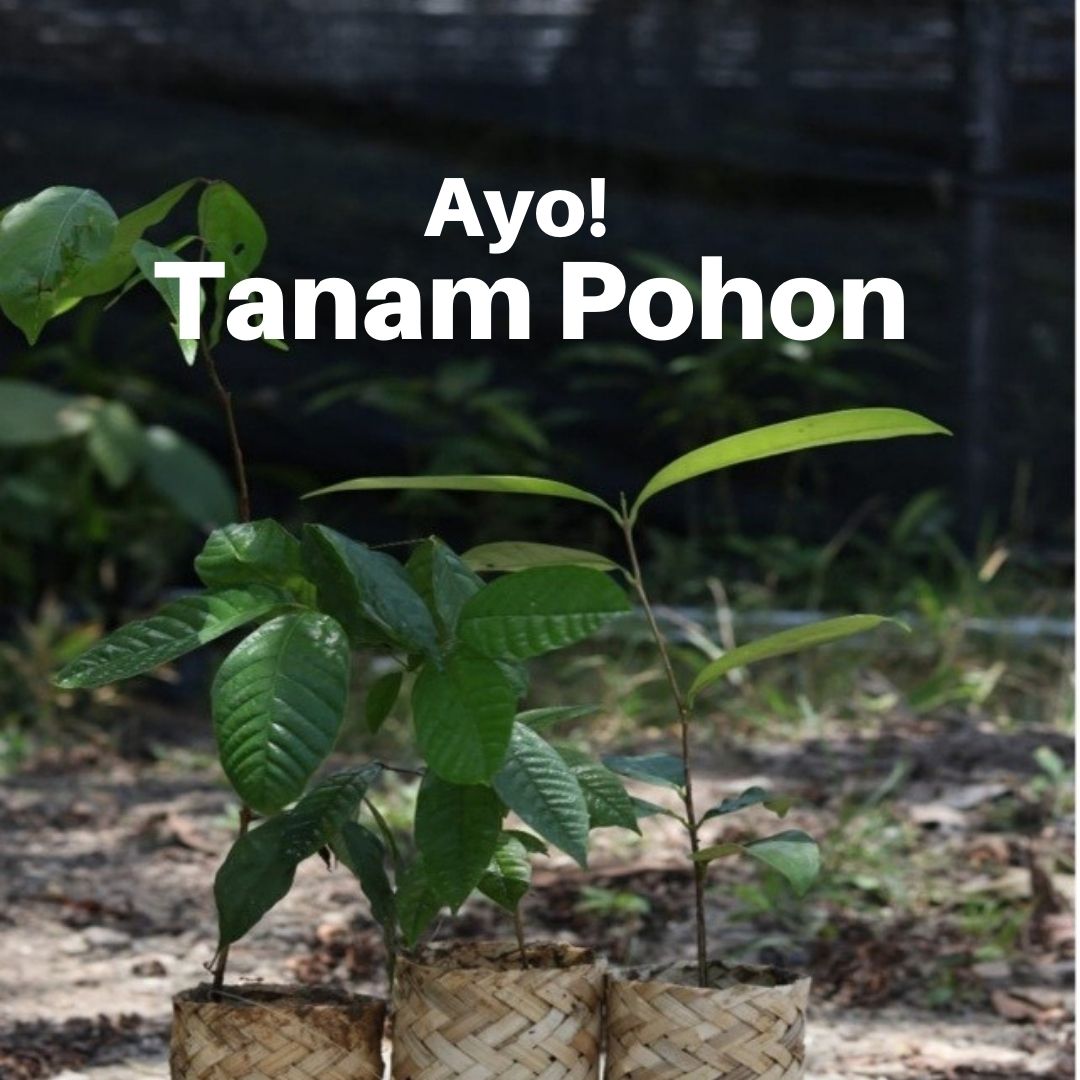The Sustainable Development Goals (SDGs) were adopted on September 25, 2015, by world leaders at the United Nations (UN) General Assembly.
Also known as the 2030 Agenda, the SDGs form a global framework for sustainable development aimed at achieving peace and prosperity for people and the planet, both now and in the future.
Ten years after the UN adopted the 17 SDGs, progress has been made in several areas, but many social targets have slowed. A study by the University of Groningen found that current SDG indicators capture only a fraction of human well-being aspects.
Three researchers from the University of Groningen—Jing Li, Anne Warchold, and Prajal Pradhan—presented a comprehensive evaluation of well-being indicators and proposed a more inclusive, systems-based approach. Their findings were published in Ecological Indicators.
The study reviewed 108 sustainability studies and identified 725 well-being indicators, many of which are not linked to global frameworks like the SDGs. Frequently overlooked indicators include mental health, social inclusion, cultural identity, and intergenerational responsibility.
The researchers proposed a new framework encompassing five main themes:
- Self-identity – mental health, subjective well-being
- Social interaction – equality, inclusion, culture
- Social provision – governance, public services
- Environmental connection – access to nature, climate security
- Macro-level measurement – demographics, economic development

This multidimensional, conceptual model offers policymakers, researchers, and advocates a more comprehensive tool for designing and evaluating sustainability strategies.
In essence, measuring progress should go beyond economic data or basic services. It requires metrics that reflect real-life experiences, including happiness, a sense of security, and connection to the environment.
This approach is expected to support the development of fair, inclusive, and relevant policies for both present and future generations. (*)




